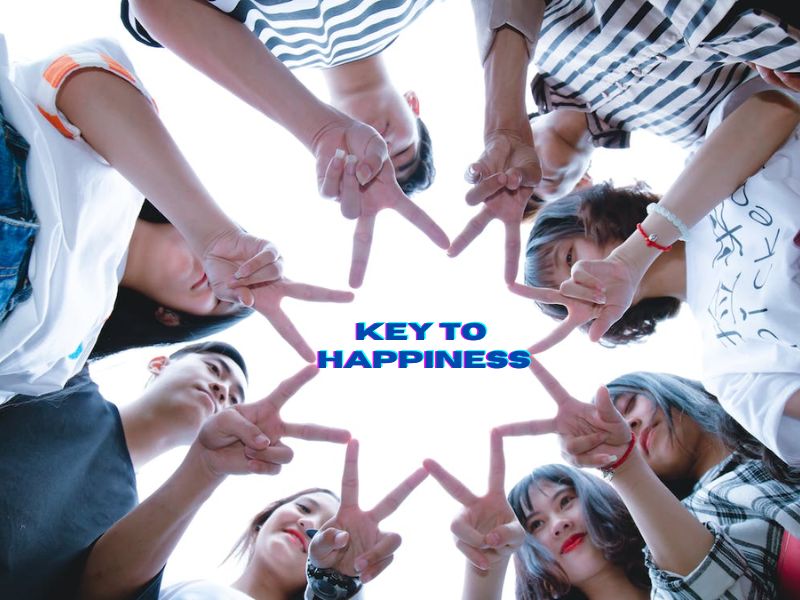It is safe to say that the people who have dedicated their careers to studying happiness know the key to happiness. Having a constant state of happiness is not a feasible goal.
Stella Grizont, founder and CEO of Woopaah, which focuses on workplace wellbeing, says it’s not a yellow smiley. She says true happiness comes from surrounding yourself with lots of love, being of service, and having a good time rather than trying to force a smile.

Image Credit: Pexels/This Is Zun
There is a subjective element to happiness. The experts we surveyed emphasized the same ingredients: autonomy, meaning, and connection to others. They generally agreed that joy could be measured, strengthened, and taught. Grizont says that the more you notice how happy or grateful you are, the more you grow.
It’s debated whether happiness can be bought. Gretchen Rubin says that money can’t buy happiness, but it can buy things that contribute mightily, like thrilling experiences. One of the major misconceptions about happiness is avoiding resentment, fear, or anger. Negative emotions should be acknowledged rather than suppressed, according to one of the most striking lessons.

Image Credit: Pexels/Yaroslav Shuraev
How Does It Work?
Many experts shared happiness habits. Most spend time with family outside the house once a week, and many meet socially three to four times a week with friends. Psychologist John Zelenski calls social relationships the foundation of happiness. A sense of belonging in a community, close friendships, and romantic partners can all benefit us.
In addition to art, music, cooking, and reading, hobbies were important. They were most often indulged in five to six times a week. Sleep is essential for mental health; our respondents prioritized seven hours a night. Nature might be another key to unlocking happiness. A majority of experts reported doing it at least three times a week. UC Berkeley’s Emiliana Simon-Thomas, director of the Greater Good Science Center, notes that when stressed, she walks outside to admire flowers, plants, birds, and insects.